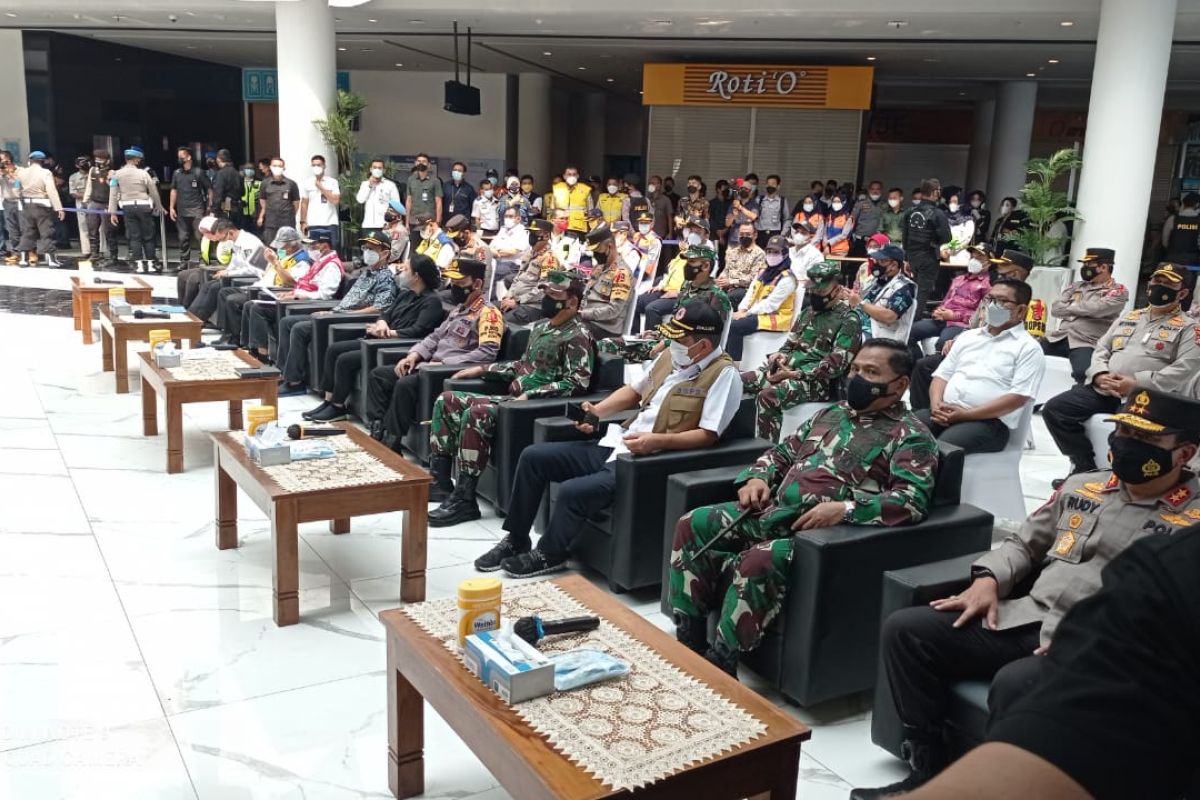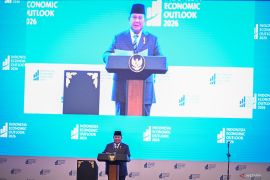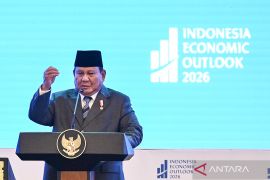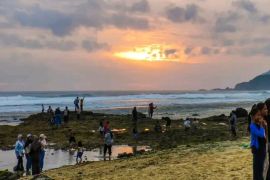"However, some seven percent of our population are keen to go to their hometowns," Monardo, concurrently chairman of the National Disaster Mitigation Agency (BNPB), remarked while inspecting the traffic check posts at the Merak Harbor Pier here on Sunday.
The government's decision on the mudik ban is deemed apt to avert a similar tragedy that has befallen India from occurring here, he explained.
Monardo pointed out that in late January and early February of 2021, the number of COVID-19 cases in India was below the case count of Indonesia.
Related news: Police intercept ambulance carrying seven Eid al-Fitr holidaymakers
Indonesia had recorded 170 thousand COVID-19 cases, while India had registered 150 thousand cases. However, in less than two months, the situation took a drastic turn after the Indian authorities relaxed restrictions by allowing public activities, including those concerning religious ritual, economic, political, sports, and traditional community activities.
Within a period of few weeks, the number of COVID-19 cases and deaths spiked, registering the highest death rate globally.
"We do not want (a similar spike in) coronavirus disease cases that occurred in India," he emphasized.
Mudik could trigger the spread of COVID-19, especially among those susceptible to exposure, such as the elderly.
People that had already returned to their hometowns must undergo quarantine, as they could be asymptomatic COVID-19 patients.
Monardo noted that people could greet relatives in their hometowns during the Eid al-Fitr celebrations through social media platforms amid the COVID-19 pandemic. Related news: Police turn back23,573vehicles on first day of homecoming ban
Translator: Masnyur S, Fardah
Editor: Rahmad Nasution
Copyright © ANTARA 2021












